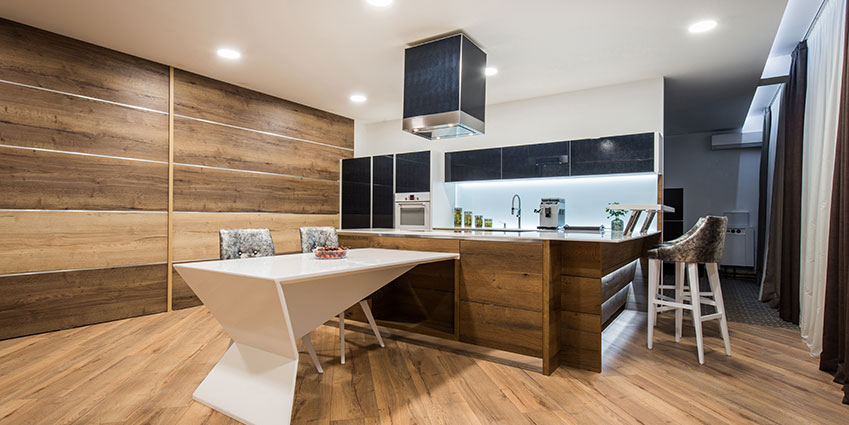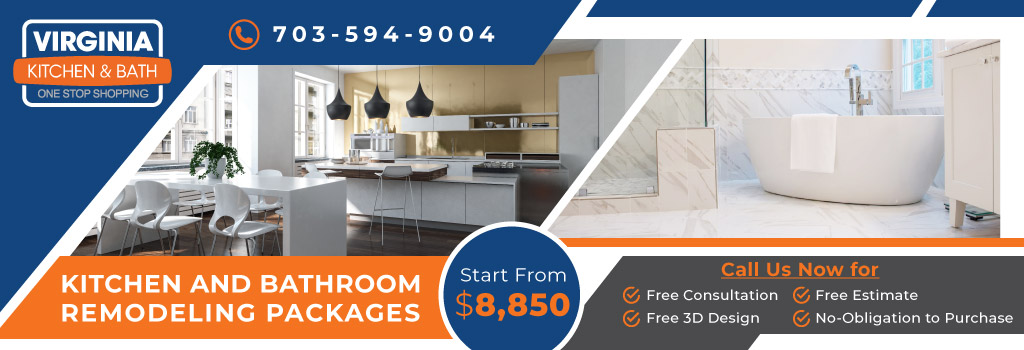So you’re finally ready to dive into the flooring redesign process. If you’ve done even a 30-second scan of research, then you’ve seen the name “Engineered Hardwood”.
So what exactly is it and how does it stack up to other options?
What Is Engineered Hardwood?
Engineered hardwood is a more affordable alternative to natural hardwood floors.
It is unique in its construction of multiple layers of both hardwood and plywood (as opposed to hardwood, which is a solid piece without layers) and each layer is positioned in a different direction to avoid bowing and warping.
The top layer is made of the desired hardwood, so the look and feel is that of a real hardwood floor.
With its uniformity and ability to snap together, its design is relatively user friendly. With a little ambition and know-how, you can install the flooring yourself.
Cons
Compared to other flooring options, there are relatively few drawbacks. But as with any material, nothing is absolutely foolproof.
Like most surfaces with life happening atop, it will scratch and dent. Unlike real hardwood, it can’t be sanded and refinished due to the thin top layer.
The overall life expectancy is not as long as other flooring options, such as tile and hardwood. Cheaply manufactured options can also run a risk of premature warping or fading, as well as skimping on interior materials that can lessen the stability of the floor (like fiberboard or strand board).
So it’s best to buy a reputable brand with warranty options. When selling a home, the return for this type of flooring is obviously not as high as other pricier options as well.
Pros
One key advantage of this flooring is the fact that it’s specifically designed to reduce the moisture and humidity problems associated with conventional hardwood.
The multiple layers actually block moisture, while adding stability to your floor – a perfect solution for inevitable spills and anything tracked inside.
This all makes for much lower maintenance of flooring, especially appealing for high traffic and fast-paced lives.
The process of manufacturing is more efficient than hardwood, as the slicing allows for maximum use of the tree and little to no environmental waste.
Perhaps most appealing perk is the vast selection of options when it comes to manufactured hardwood. From classics like oak and cherry to exotic woods like African mahogany and tigerwood, engineered hardwood is an easy and fun choice.
Final Thoughts
Its overall versatility coupled with affordability makes engineered hardwood a good choice for most any room – from living areas to kitchens to basements.
With a cost of roughly $8 to $13 per square foot, including the installation, you can see for yourself if it’s what you’ve been looking for to make your living space pop.
Contact Virginia Kitchen and Bath for any questions or to check out a large selection of quality engineered hardwood.



